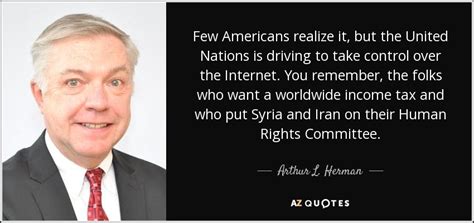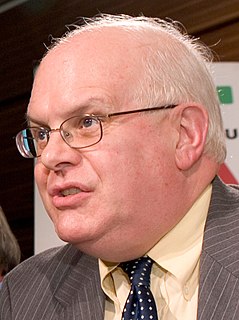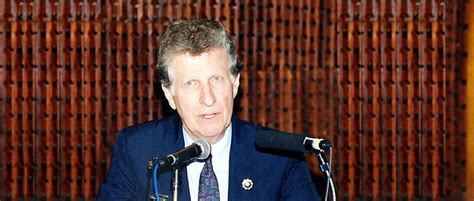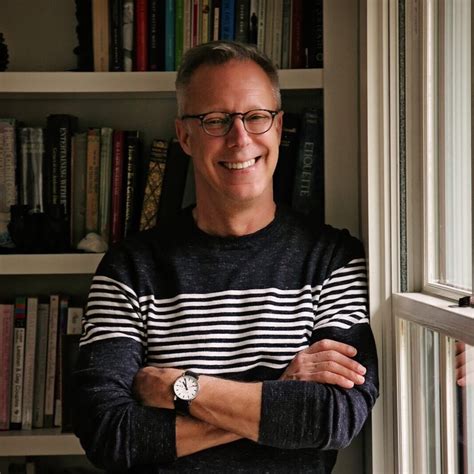A Quote by Arthur L. Herman
I guess the most surprising discovery was how long Gandhi remained loyal to the ideal of the British Empire, even in India.
Related Quotes
One would have thought that if there was one cause in the world which the Conservative party would have hastened to defend, it would be the cause of the British Empire in India ... Our fight is hard. It will also be long ... But win or lose, we must do our duty. If the British people are to lose their Indian Empire, they shall do so with their eyes open.
The plan to carve up British India was never approved of or accepted by Gandhi...who realised too late that his closest comrades and disciples were more interested in power than principle, and that his own vision had long been clouded by the illusion that the struggle he led for India's freedom was a nonviolent one.
Indira Gandhi had been this very powerful, dominating, ambiguous mother figure. Ambiguous because she was tyrannical, she had imposed...she had suspended Indian democracy for a few years but she also was the woman who had defeated Pakistan in war at a time when most male politicians in India had secretly feared fighting that war, so that here in India even today Indira Gandhi is called by Indian nationalists the only man ever to have governed India.
Gandhi wanted to meet with Churchill, his most bitter foe, when he visited London in 1931- but it didn't happen. Churchill wanted to go to India personally as prime minister in 1942 to negotiate a final settlement on India with Gandhi and the other nationalist leaders - but the fall of Singapore prevented it from happening.
Savagery was a word that Westerners used to, again, to consciously differentiate them from non-Westerners, to assert that superiority, that cultural superiority. It goes back to the British Empire, and again, you know, what was the purpose of the British Empire? To bring civilization to the savage no matter where they were, whether it was India or Asia or Australia or whatever. It's that civilizing mission that characterizes so much of the history of Western colonialism.
My main aim in 'Gandhi' was to project him as the vanguard of non-violence. Nowhere in the world has a movement of non-cooperation sans violence received so much support from masses as Gandhi's movement in India did. He was, to a great extent, responsible for freeing his nation from the British Raj.
I would like to see the Punjab, North-West Frontier Province, Sind and Baluchistan amalgamated into a single State. Self-government within the British Empire, or without the British Empire, the formation of a consolidated North-West Indian Muslim State appears to me to be the final destiny of the Muslims, at least of North-West India.
Okay, so here's my question: When did civility become incompatible with protest? Why do some people consider civility an antonym - anathema, even - to political action and dissent? Because, and I'm raising my voice, it's not. Have we forgotten how Mahatma Gandhi used nonviolent civil disobedience to free India from British rule and inspire civil rights movements worldwide?






































